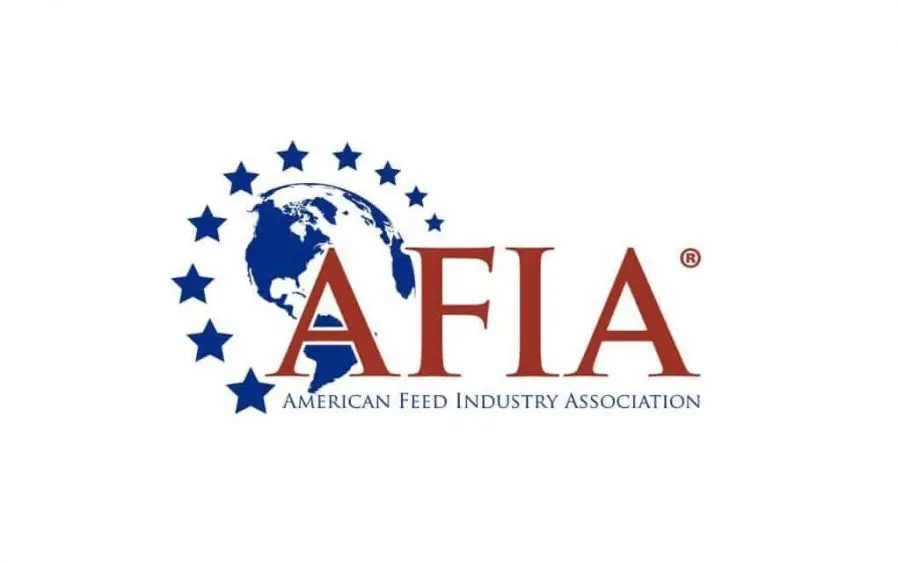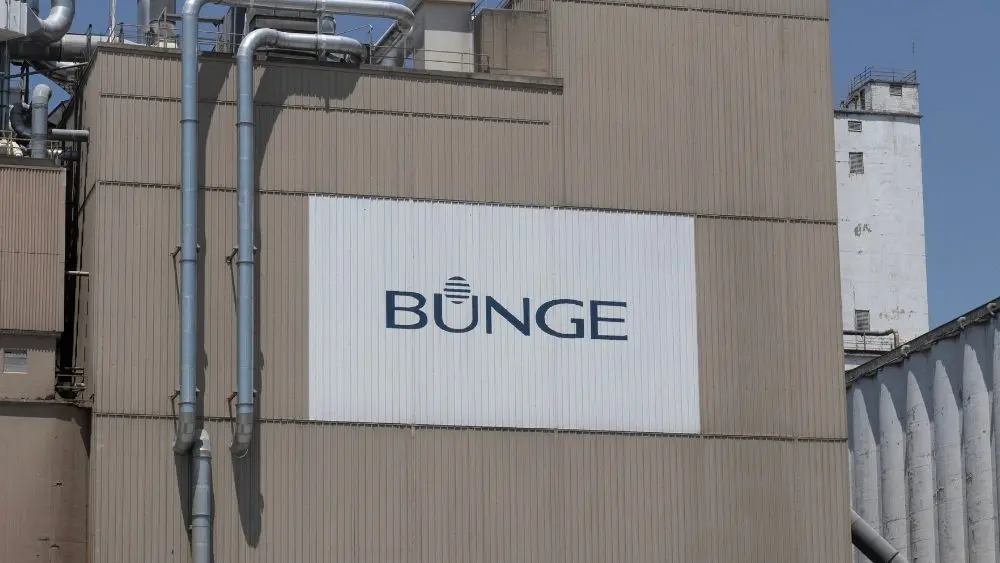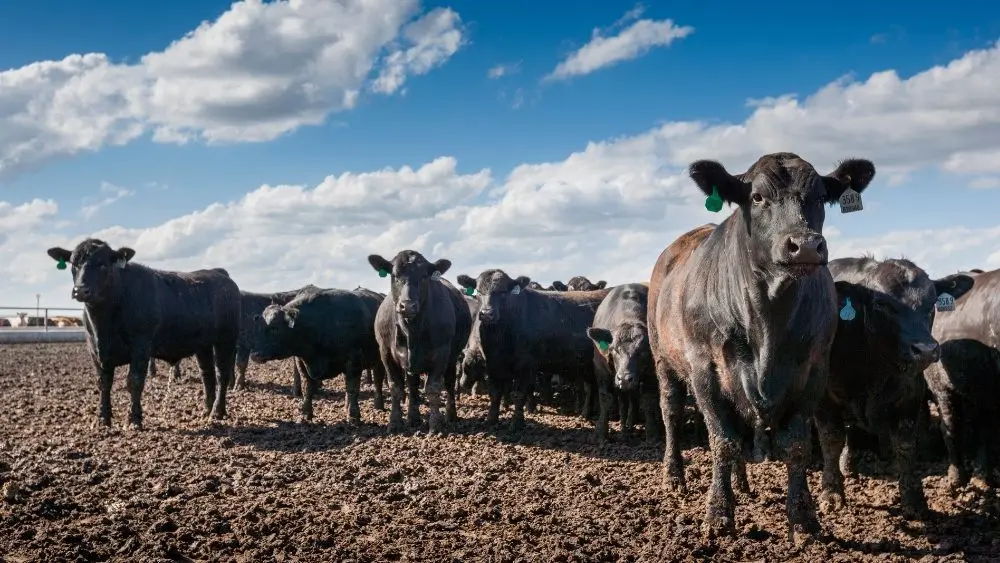ARLINGTON, Va. – Nov. 13, 2025 – The American Feed Industry Association (AFIA) is calling on U.S. policymakers, trade officials and the food and agriculture industry to work together on mitigating the potential threat of a U.S. vitamin and amino acid supply disruption. The call comes following the release today of new industry data that shows that China controls a significant amount or total majority of global capacity and production of key vitamins and amino acids used in food for both animals and humans, putting U.S. food security at risk.
The Institute for Feed Education and Research (IFEEDER) report examined current vitamin and amino acid trade flows globally and worked with animal nutritionists to understand how reduced levels of these ingredients could impact overall animal health and welfare on farms. It showed that even minor disruptions of these essential food ingredients could have immediate on-farm impacts via diminished animal health and reduced food production.
“For years, the U.S. animal food industry has been sounding the alarm that China’s growing and dominant influence in the vitamin and amino acid supply chain poses sharp food security risks for Americans, the farmers that produce our food and the animals that nourish us,” said AFIA President and CEO Constance Cullman. “New IFEEDER data now makes it impossible for policymakers to ignore an alarm that has grown too loud – and too threatening – to dismiss.”
With this data, the AFIA will be working with stakeholders on a strategy aimed at identifying and prioritizing the most vital vitamins and amino acids for urgent action. The aim is to identify pathways for the White House, Congress and industry to pursue to diversify supply chains and prevent potential future losses of agricultural capacity and food production.
“Addressing the potential supply chain threat to our food supply requires a joint industry and all-of-government approach,” Cullman continued. “The animal food industry appreciates the Trump administration’s and lawmakers’ recent actions to discuss this critical issue and is looking forward to working together with others across the food and agriculture value chain to develop risk- and science-based solutions that promote a more reliable and stable future food and feed supply.”
Vitamin supplementation, especially for vitamins A, D and E, are essential for the optimal growth and production of domestic livestock and poultry. These animals consume nutritious diets that have been developed following years of research, development and field testing, directly contributing to the U.S. food and agriculture industry being one of the most efficient, affordable and sustainable across the world.
The new IFEEDER report, “Strategic Assessment on the Impact of Vitamin and Amino Acid Supply Chain Disruptions on U.S. Food Security,” found that an estimated 425,236 metric tons (MT) of the top four essential amino acids and 48,903 MT of supplemental vitamins are used in U.S. domestic livestock and poultry diets. A previous IFEEDER study that examined feed consumption data from 2023 showed that these same animal species consume approximately 250 million MT (i.e., 276.4 million tons) of feed annually, including varying levels of supplemental vitamins and amino acids to balance diets and sustain healthy biological processes and efficient meat, milk and egg production. Although vitamin and amino acid supplementation is a small fraction of the total feed volume, the availability of these ingredients has significant implications on the animal-based protein and dairy foods that provide vital nutrition to Americans.
IFEEDER’s latest report is now available on ifeeder.org.





